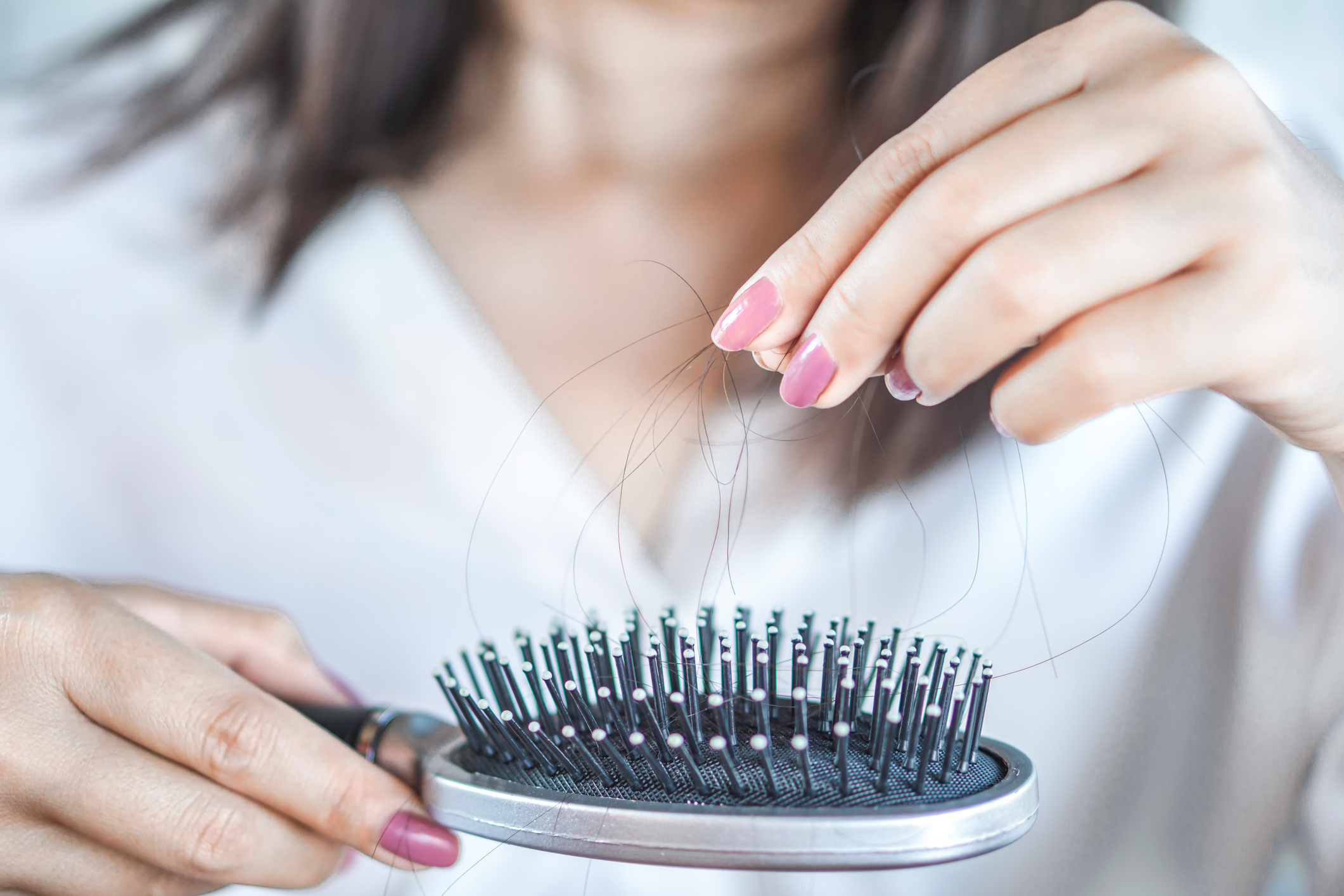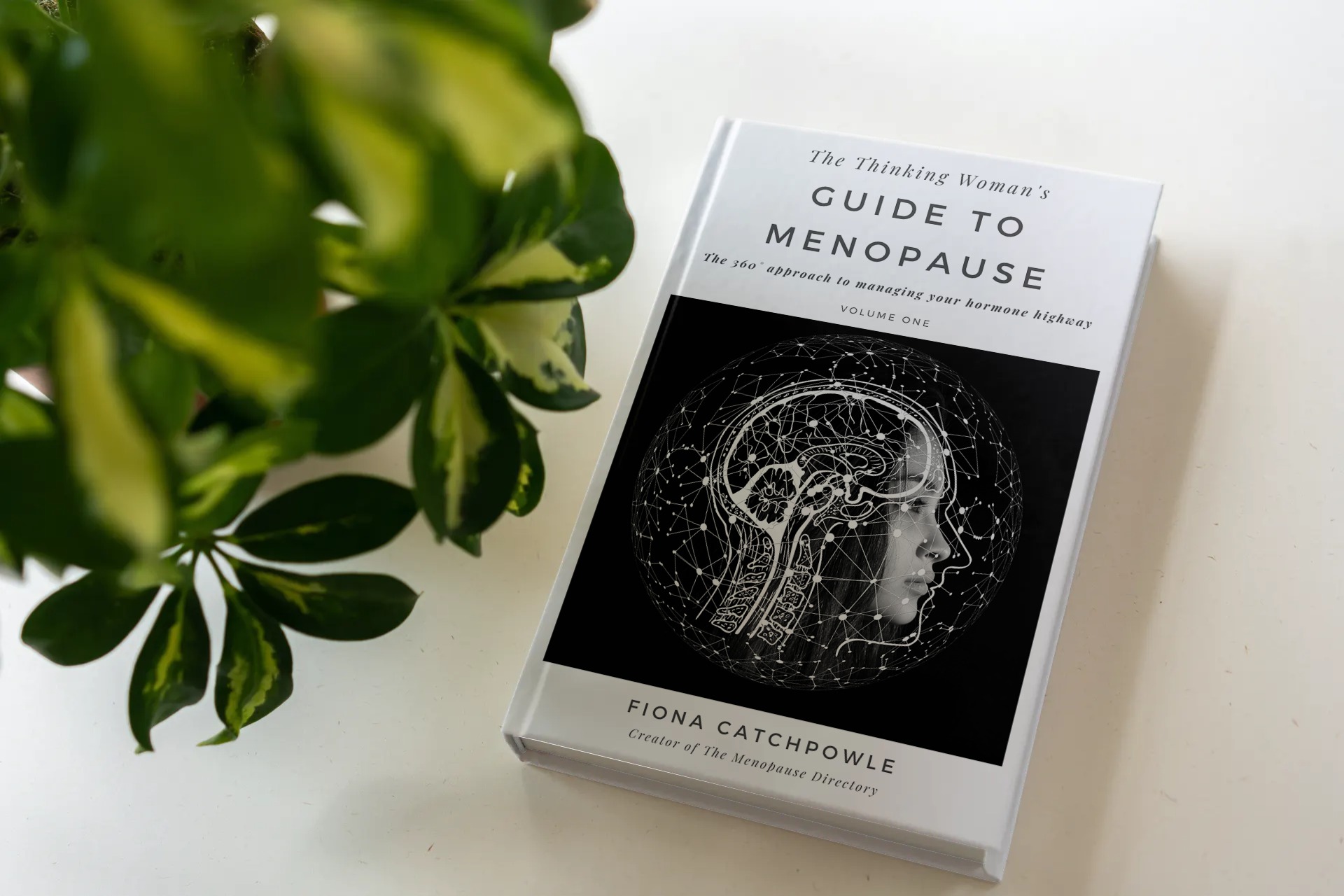MY MENOPAUSE DIARY
Menopause is for life not just Christmas

Fiona Catchpowle
2 January 2021
The bigger picture of menopause is far more significant than the symptoms in isolation and the effect the hormonal decline has on our long term quality of life. When you are in the middle of menopause symptoms you really don’t give a flying fig about what is going to happen next. Stopping the pain, sadness, heaviness, itching, hair loss and numerous other challenges, is far more important to us at the time.
There are many ways you can alleviate your different symptoms, with great success, but it takes time, focus and consistent actions. There is no single nugget and simple answer. Even if you choose HRT you can’t simply pop a pill or rub on some gel. Everything you put in on and around your body from now until the day you die is going to have an impact. (News flash: It always did)
How often do you or others say “I used to be able to eat/drink XYZ but these days it just doesn’t agree with me”. Gin and tonic was my tipple, but not these days. I had to migrate to wine only, as anything else just makes me feel yuck. Foods that cause me inflammation and discomfort are wheat and sugar. That’s not because it’s trendy or faddy, it’s because when I eat them I feel shit, simple as.

I lost massive amounts of hair every day
Brown hair on white marble was not the best of looks
As a woman you learn about hormones related to your menstrual cycle, but certainly not in great detail. I happened to study Biology to HND level so do have a fairly good grasp of the mechanics in principle, but I had no idea how integral they were to other body systems such as our mental health, gut health, energy levels and sleep.
Hormones are potent chemical messengers that circulate our entire body and control multiple organs, tissues and functions. They control metabolism, homeostasis, growth, sexual activity, and contraction of the smooth and cardiac muscles. Throughout our lives from birth to death they fluctuate and circulate. At times we are in harmony, others not so. From the point of puberty and throughout our fertile years our reproductive hormones are hugely significant players in our gender specific psychology and physiology. In addition they also have major roles in day to day bodily functions and structure.
“Everything you put in on and around your body from now until the day you die is going to have an impact”
We all know how moody we can get at different times during our menstrual cycle, but do you know why? Fluctuations in our reproductive hormones can lead to both physical and emotional symptoms. Changes in estrogen and progesterone levels also influence serotonin levels, a neurotransmitter that helps regulate your mood, sleep cycle, and appetite. Low levels of serotonin are linked to feelings of sadness and irritability, in addition to trouble sleeping and unusual food cravings. If that’s what happens monthly when levels are in general on a plateau, imagine what the result of fluctuating and at the same time declining hormones have on our mind, body and soul? Then add in everything you put in, on and around your body affecting the tolerance you have to those changing levels and you can start to build part of the jigsaw.

Symptom management is very doable
Conscious, consistent actions are key
Once we get this concept we can start to comprehend a wee bit more why we need to make effective changes and take conscious choices to steer the way rather than sit back and put up with whatever it is we think we should tolerate. Why would you do that when there is so much more to do with your life?
Now let’s place ourselves at the age of 60. The pause of our menses has been and gone and our symptoms have hopefully subsided alongside your amazing menopause management strategy. Of course the symptoms will in theory reduce in impact as your body adjusts to the lower levels, but using nutrition, mobility and lifestyle will be of huge benefit en route.
When you get there to postmenopause, what’s your strategy to keep your body thriving whilst it is no longer able to make the hormones it once relied on in multiple ways. Our ovaries have gone into retirement and are no longer playing a role in hormone activity. Our body was using them to keep our bones strong, brains sharp, muscles strong, gut flowing, heart strong and so on.
This is the bit that took me ages to get my head round.
Part 3 coming soon
Subscribe to our Awesome Newsletter.

